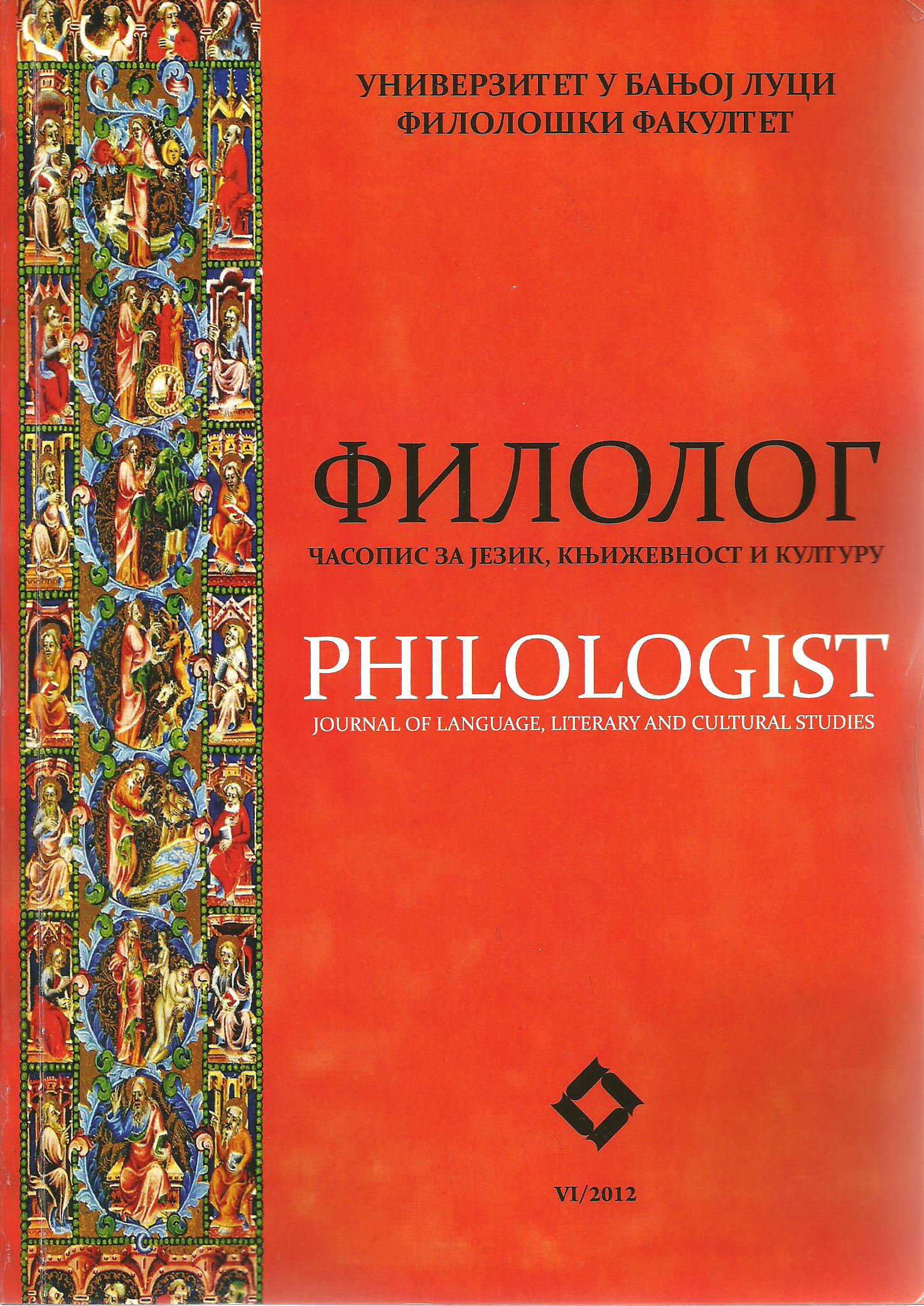Хетеротопија у „Убику“ и „Tамном скенирању“ Филипа К. Дика
Heterotopia in Philip K. Dick’s Novels “Ubik” and “A Scanner Darkly”
Author(s): Mladen JakovljevićSubject(s): Language and Literature Studies, Novel, Philology, Theory of Literature, American Literature
Published by: Филолошки факултет Универзитета у Бањој Луци
Keywords: Heterotopia; Postmodernism; science fiction; Philip K. Dick; “Ubik”; “A Scanner Darkly”; Michel Foucault;
Summary/Abstract: Alternative spaces within the science fiction novels of Philip K. Dick can be analysed in the context of Michel Foucault’s six principles of heterotopia and some tendencies in the transformation of urban spaces. Heterotopias in Dick’s fiction act as ontological destabilisers that reconfigure the familiar and create new, alternative realities. In Ubik and A Scanner Darkly, by redefining and questioning the relations between the known spaces, Dick creates new, different, altered spaces, built on the border of reality and imagination, thus challenging the standard norms and generally accepted principles of perception, spatiality and linear time. Dick’s spaces, combined of imagination and reality, imply that there is more than one reality, as well as that reality perceived as objective is yet another illusion.
Journal: Филолог – часопис за језик, књижевност и културу
- Issue Year: 2012
- Issue No: 6
- Page Range: 132-140
- Page Count: 9
- Language: Serbian

